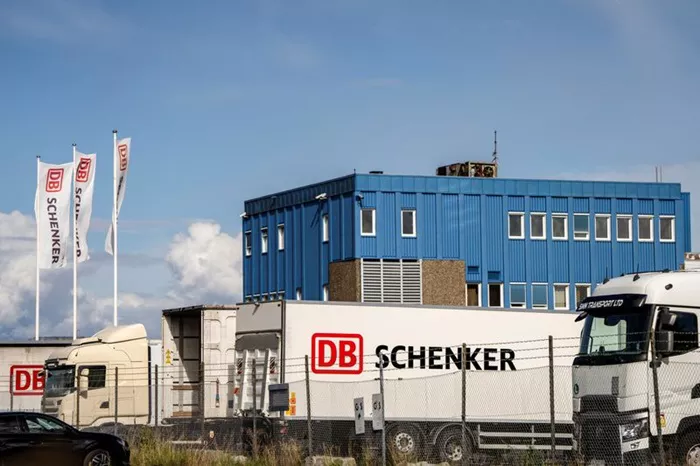DSV A/S has agreed to acquire Deutsche Bahn AG’s logistics division, DB Schenker, at an enterprise value of €14.3 billion ($15.9 billion). This deal will elevate DSV to the position of the world’s largest freight-forwarder.
Details of the Acquisition
On Friday, DSV confirmed that it has signed an all-cash agreement to acquire DB Schenker. The transaction, with an equity value of €11 billion, is one of the largest privatizations in Germany in recent years. DSV, a Danish logistics company founded in the 1970s by ten Danish truckers, has a history of growth through acquisitions, including targets larger than itself.
Impact on DSV and Leadership
This acquisition will be the first significant challenge for DSV’s new Chief Executive Officer, Jens H. Lund, who assumed the role earlier this year from Jens Bjorn Andersen. Under Andersen’s leadership, DSV’s share price increased more than tenfold over 15 years. Lund highlighted the transformative nature of the deal, stating, “This is a transformative event in DSV’s history.”
Financing the Deal
DSV plans to finance the acquisition through a combination of a share sale, potentially raising up to €5 billion, and debt financing over the next 12 months. The company, headquartered west of Copenhagen, has a track record of effectively integrating acquisitions, improving the combined profit margin post-takeover.
Integration Challenges and Market Position
The integration of DB Schenker will present a substantial challenge, given that the target has approximately 73,000 employees, nearly matching DSV’s own workforce. Lund noted that DSV’s acquisition of DFDS Dan Transport Group in 2000, which was four times larger than DSV at the time, demonstrated the company’s capability in managing large integrations.
Industry Consolidation
The merger of DSV, the world’s third-largest freight-forwarder, with DB Schenker, the fourth-largest, will consolidate a fragmented industry traditionally dominated by local players. The combined entity will surpass current leaders Deutsche Post AG’s DHL and Kuehne + Nagel AG, achieving a market share of approximately 7%.
Competitive Bidding Process
The announcement confirms earlier reports that DSV was nearing a deal to acquire Schenker, competing against CVC Capital Partners Plc in the final bidding stages. Danish shipping giant AP Moller-Maersk A/S was also a contender but withdrew in July.
Deutsche Bahn’s Financial Strategy
State-owned Deutsche Bahn, facing challenges with its rail network infrastructure, will use the proceeds from the sale to significantly reduce its debt. During negotiations, preserving jobs in Germany was a key issue, with Verdi, Germany’s major labor union, initially supporting CVC’s bid due to concerns over job security. In response, DSV made additional commitments to job preservation and investment.
Commitments to German Employees
DSV has pledged to honor “social undertakings” for German employees for two years post-acquisition and to invest €1 billion over the next five years in Germany. These investments are aimed at supporting long-term growth and job creation in the region.
Approval and Regulatory Process
The transaction is pending approval from Deutsche Bahn’s supervisory board, Germany’s transport ministry, and other regulatory bodies.
Conclusion
The acquisition of DB Schenker by DSV marks a significant shift in the global logistics landscape, positioning DSV as the world’s largest freight-forwarder. The deal underscores DSV’s strategic approach to growth and integration, with substantial investments and commitments aimed at ensuring a smooth transition and long-term success.
Related Topics:

